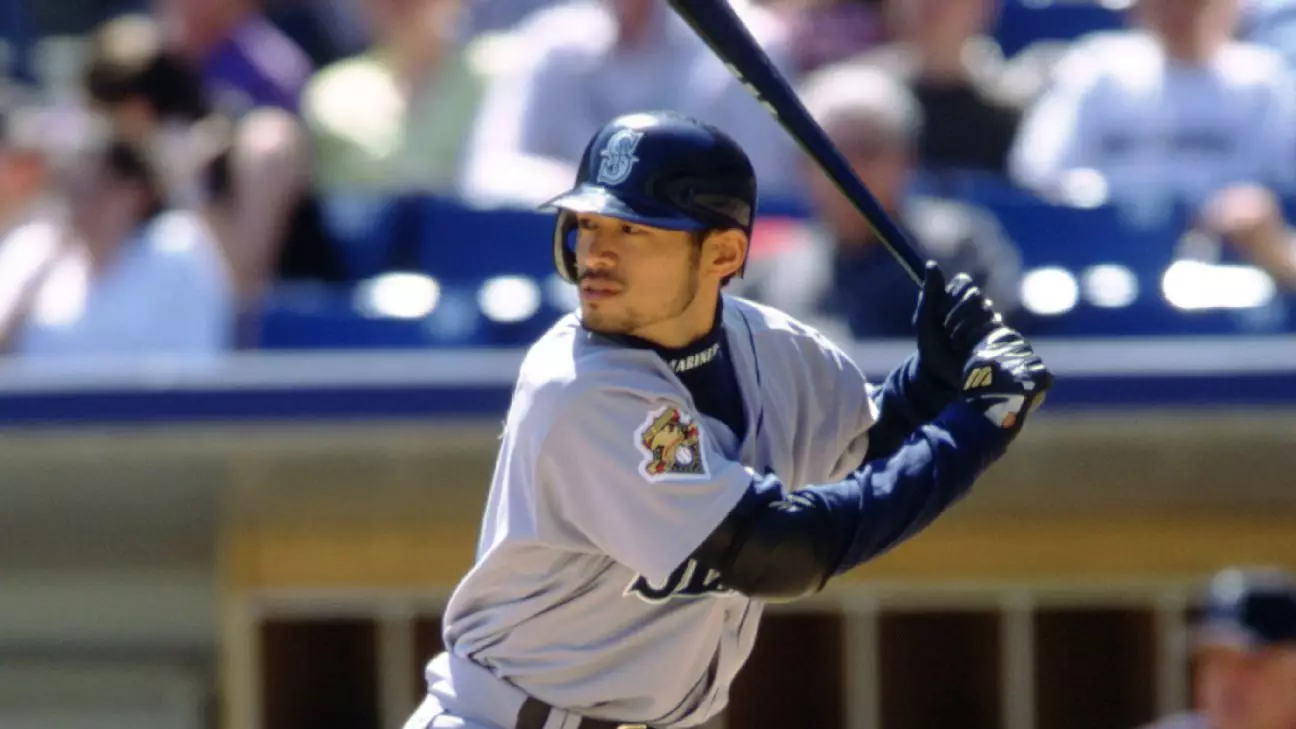The release of the 2024 Hall of Fame ballot showcases an exciting mix of baseball talent, featuring both newcomers and returning players vying for a coveted spot in Cooperstown. This year’s ballot includes notable figures like Ichiro Suzuki and CC Sabathia, alongside a significant roster of holdovers, most prominently Billy Wagner. The anticipation surrounding this selection process underscores not only the achievements of these athletes but also the complex narratives that accompany their careers, from accolades to controversies.
Among the notable newcomers on this year’s ballot, Ichiro Suzuki stands out as a transformative player in Major League Baseball (MLB). His 2001 season is heralded as one of the most remarkable in recent history, as he became only the second player, alongside Fred Lynn, to earn the AL Rookie of the Year and AL MVP awards in the same year. Suzuki’s career, characterized by his exceptional batting average of .311, two AL batting titles, and 509 stolen bases, solidifies his legacy as one of the game’s greats. His record-breaking 262 hits in a single season further cements his status and makes a compelling argument for induction.
CC Sabathia, another newcomer, brings a different perspective to the ballot with his impressive achievements on the mound. A six-time All-Star and 2007 AL Cy Young Award winner, Sabathia’s career numbers, including 3,093 strikeouts and a 3.74 ERA, demonstrate his impact as a top-tier pitcher over nearly two decades. His contributions to the New York Yankees, including a World Series title in 2009, create a strong narrative that can appeal to voters.
Other significant newcomers include Félix Hernández, a celebrated pitcher who earned the AL Cy Young Award in 2010 and tossed a perfect game in 2012, and Carlos González, a three-time All-Star known for his power and glove work. The entries of Dustin Pedroia and Hanley Ramírez introduce two players who have also enjoyed accolades, each contributing to championship teams in their careers and possessing solid offensive statistics. These newcomers, with their diverse achievements and histories, add fresh narratives to the Hall of Fame discussion.
The holdover candidates on this ballot reveal the enduring debate surrounding legacy and recognition in baseball. Billy Wagner, who garnered 73.8% of the votes last year, is making his final bid for induction; his status as one of the best relief pitchers in history puts him firmly in the spotlight. The rollercoaster of his candidacy highlights the challenges players face when contending with emerging talent and shifting opinions among voters.
Among the established names returning to the ballot, Alex Rodriguez and Manny Ramirez present a dichotomy of accomplishments clouded by controversies surrounding performance-enhancing drugs. While Rodriguez could claim 696 home runs and multiple accolades, his tarnished reputation complicates his Hall of Fame candidacy. Similarly, Ramirez’s impressive statistics are marred by suspensions, which provoke debates about morality in the sport and the definition of a Hall of Famer.
Andruw Jones and Carlos Beltran transition from holdover status to candidates whose merits are more straightforward. Their impressive statistics—670 home runs for Jones and a pivotal role in the New York Mets’ 2006 postseason run for Beltran—make them legitimate contenders for induction. Yet, as with Wagner, the shadow of their contemporaries looms large, complicating their chances.
As the voting deadline approaches, the pressure intensifies for voters who must sift through both old and new narratives. The decision to elect players hinges on a combination of statistics, contributions to the game’s history, and more intangible factors, such as influence and integrity. With ballots due by December 31st and results announced on January 23rd, the outcome sits at a critical juncture for the candidates.
The process of determining Hall of Fame worthiness is inherently subjective and fraught with debate. Each ballot reflects not only the individual player’s achievements but also how they resonate within the broader context of baseball history and culture. Even as new candidates like Suzuki and Sabathia bring compelling cases forward, the stories of past candidates and the shifting landscape of the game complicate the final assessments.
While Cooperstown continues to evolve and attract new legends, the heart of Hall of Fame voting remains a complex interplay of statistics, character, and the ever-changing narrative of baseball itself. Whether the 2024 ballot leads to new inductees or reinforces the long-standing traditions of the Hall, this year promises to inspire vigorous discussions among fans, players, and historians alike.


Leave a Reply